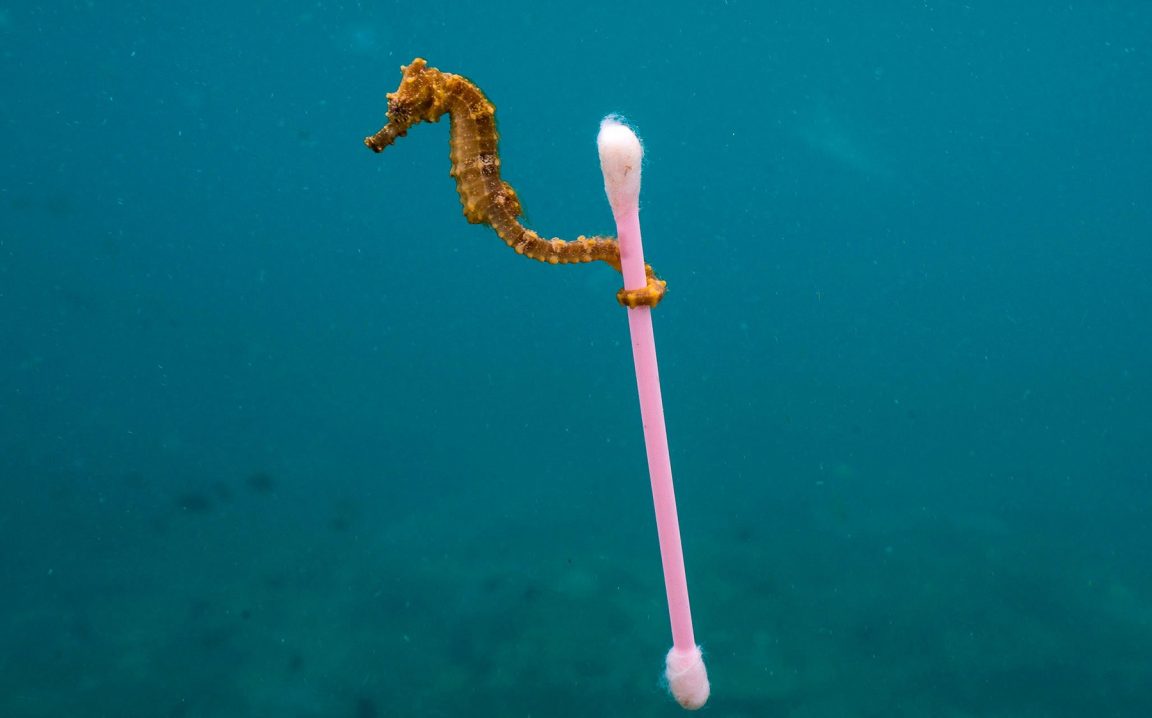Shoppers raise the bar for bathroom-based sustainability.
“Never before have we had such an awareness of what we are doing to the planet, and never before have we had the power to do something about that. Surely we have a responsibility to care for our blue planet. The future of humanity, and indeed all life on Earth, now depends on us.”
(Attenborough, “Our Blue Planet” 2017)
Anti-plastic revolution
David Attenborough’s words at the end of the last episode of Blue Planet II started an anti-plastic revolution in the UK. “The Attenborough Effect” is a well-documented phenomenon, referring to the impact the BBC’s Blue Planet II had in the UK and around the world.
More than three-quarters (78%) of UK audiences said the show made them care more about conservation and led to a 100% increase in internet searches such as ‘dangers of plastic in the ocean’ and a 55% increase in searches for ‘plastic recycling’ (source).
Happily this interest turned to action. After the final episode, nearly two-thirds (62%) of the UK said they were actively looking to make changes to their daily lives to help minimise the negative impact they were having on the world’s oceans (source). In 2019, 63% of Brits stated that they were very concerned about reducing the amount of plastic packaging they consume in their everyday lives (source).
More plastics than fish
Unfortunately, global production of plastics is still expected to double by 2040, and if this worrying prediction is allowed to happen, it is estimated that, by 2050, our seas and oceans will contain more plastic than fish.
So how can we stop this from happening?
Visit the bathroom
We can all make a diference, simply by being more considered in the choices we make in our everyday lives, especially when it comes to single-use plastics. One room in the house that has a surprisingly large amount of single-use plastic is the bathroom. The list is sadly very long, but the most frequent offenders are shower gels, shampoos and bottled soaps.
Luckily, the UK is returning to the 80s and is reviving the humble soap bar!
That’s right, bars of soap are back and, as of the end of 2018, they’re on the up again. Shoppers in Britain are spending £68.3 million on soap bars (from Sept 2017-Sept 2018), an increase of 2.9% from the previous year (source).
One brand helping to give consumers the opportunity to reduce plastic from their bathrooms is the wonderful Little Soap Company. They produce 100% natural, free-from, vegan, organic and cruelty-free soap and beauty products.
Based in the Cotswolds, Little Soap is, like its founder, passionate about reducing the amount of chemicals and synthetics that people unwittingly rub into their skin. The company is determined to have the same impact on the cosmetics industry as Jamie Oliver has had in the world of food.
The vast majority of Little Soap’s products are plastic-free, although not all of them are (like their liquid hand soap), but they offer consumers another chance to make a positive decision in their day-to-day lives, which can only be a good thing. And as they said in a recent social post: “We don’t need a handful of people doing zero waste perfectly; we need millions of people doing it imperfectly.”
We couldn’t agree more.



